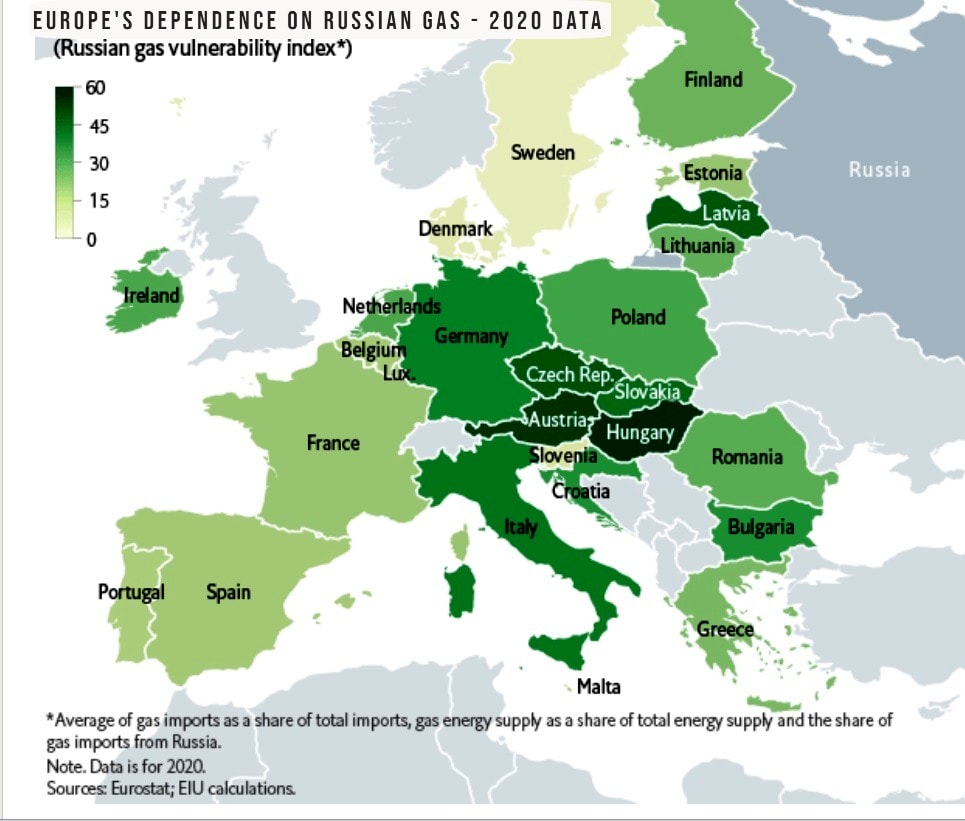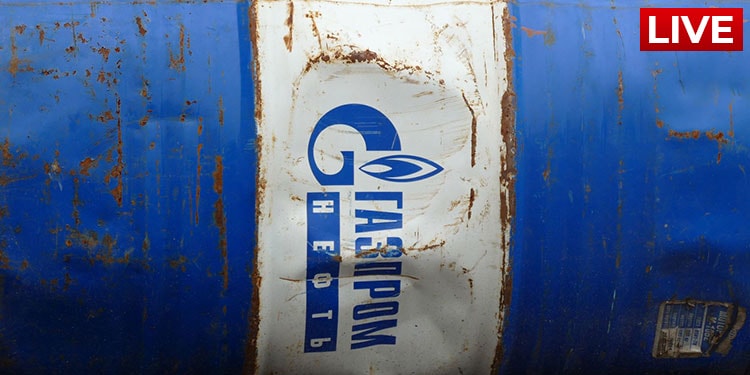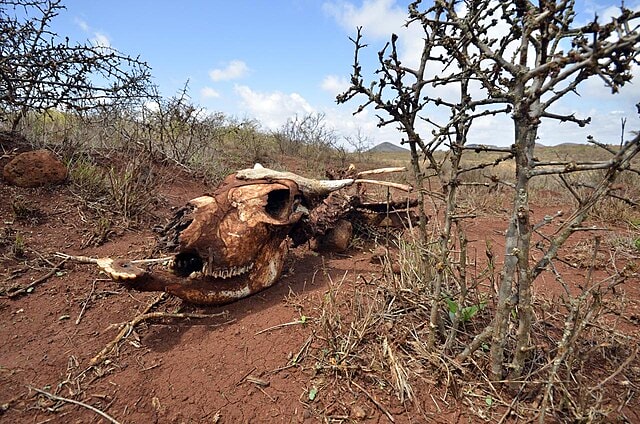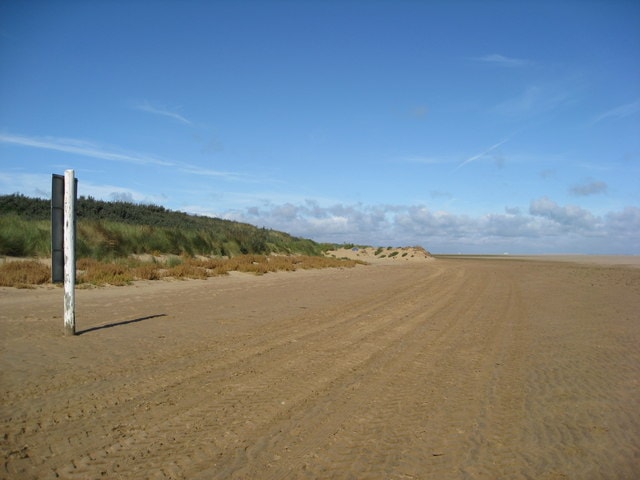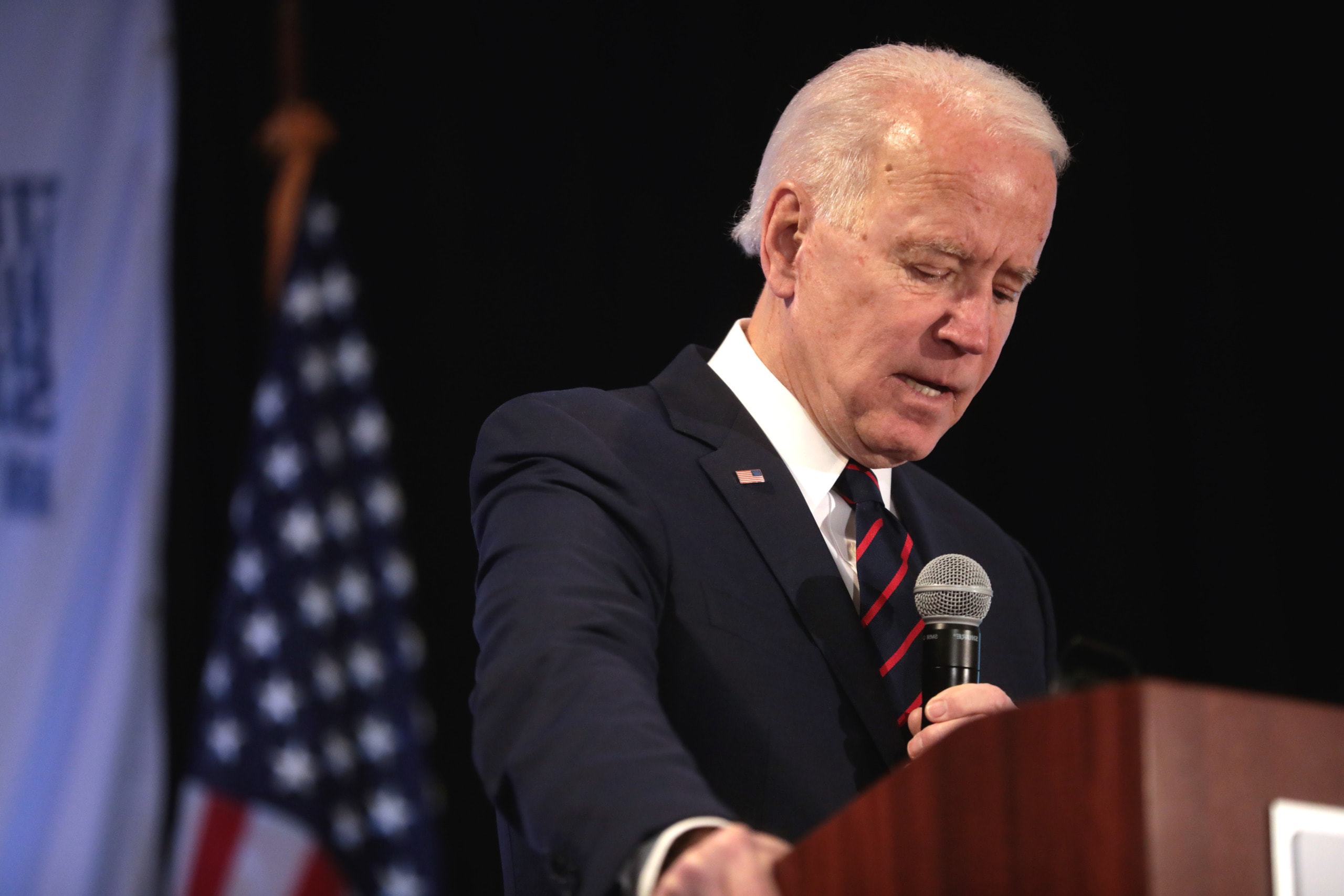Cutting off supplies is now Russia’s main weapon in the energy war against Europe.
September 2 Russia delays Nord Stream 1 reopening
Russian energy giant Gazprom announces an indefinite delay of the reopening of Nord Stream 1, its main gas pipeline to Europe.
Russia says it will not restart Nord Stream 1 pipeline which delivers gas to Europe on Saturday as expected – citing oil leak https://t.co/Sssa9GOZ9k
— BBC Breaking News (@BBCBreaking) September 2, 2022
Nord Stream 1 was completely shut on August 31 but was meant to resume operations on Saturday, September 3. Following the news about G7 countries agreeing to set a price cap for Russian oil, and citing an oil leak, Gazprom has scrapped the September 3 deadline and said it cannot provide a new one.
September 2 G7 finance ministers agree on a price cap for Russian oil
The G7 countries agree to impose a cap on the price of Russian oil, BBC reports.
Wealthy G-7 nations announce cap on price of Russian oil, a crackdown over the invasion of Ukraine https://t.co/YV0aRZ8ey8
— The Washington Post (@washingtonpost) September 2, 2022
“We will continue to stand with Ukraine for as long as it takes,” the G7 said, adding that the cap should also help lower global energy prices.
August 31 Gazprom announces record $41.75 bln profits in the first half of 2022
Russian energy giant Gazprom posts record profits of $41.75 billion in the first half of 2022 and promises to pay dividends to shareholders.
Gazprom says H1 net profit $41.8 bln, will pay dividends https://t.co/nTUrFf5nO5 pic.twitter.com/wAD4zafh0P
— Reuters (@Reuters) August 30, 2022
As the Guardian points out, Gazprom is now “poised to hand a bumper $9.95 billion payout to the Kremlin,” which owns 49.3% of Gazprom. The decision is expected on September 30.
August 31 Russia halts gas supplies via Nord Stream 1
Citing a need for maintenance, Russia shuts Nord Stream 1, its main gas pipeline to Europe via Germany.
Russia's state-owned energy firm Gazprom has halted gas supplies via the Nord Stream 1 pipeline to Western Europe on Wednesday for three days, the company said.https://t.co/tX593oeRvc
— DW News (@dwnews) August 31, 2022
According to Gazprom, no gas will flow to Germany through Nord Stream 1 until September 3.
August 19 Russia announces new shutdown of Nord Stream 1
Russian state energy giant Gazprom announces it will stop gas flows through Nord Stream 1 for three days at the end of the month (August 31 to September 2).
— Gazprom (@GazpromEN) August 19, 2022
According to Gazprom, the shutdown will take place because the only pipeline’s only gas compressor unit needs maintenance.
August 11 Russian oil production falls by less than 3%
Since the start of the Ukraine war, Russian oil production has fallen by less than 3% according to the International Energy Agency (IEA).
The Ukraine war and Western sanctions have cut Russian oil production by just 3%
Due to a reroute of oil to India, China and Turkey, Russia has contained its year on year export losses to 580,000 barrels a day
— Samuel Ramani (@SamRamani2) August 11, 2022
Western sanctions, the agency says, have had a “limited” impact so far as Russia has managed to redirect its oil exports from Europe, the US, Japan and South Korea to countries like India, China, and Turkey, among others.
August 10 Russian oil flows through Druzhba pipeline halted
Russian oil flows to Hungary, Slovakia and the Czech Republic (three EU member states) through the Druzhba pipeline have been halted since August 4, Russian state-owned oil pipeline operator Transneft said on Tuesday, citing problems with the EU’s financial sanctions as the cause.
On August 4th, Russia stopped all oil flows to Hungary, Czechia and Slovakia via the Southern Druzhba pipeline.
Russia's Transneft says it made payments for transit, but the money was returned as the payment did not go through due to sanctions. pic.twitter.com/UxNGuwHBwV
— Visegrád 24 (@visegrad24) August 10, 2022
The Druzhba pipeline runs through Belarus and Ukraine to Poland, Hungary, Germany, and, among others, the Czech Republic.
August 3 Chancellor Scholz declares “there are no problems” with a turbine Gazprom claimed was not ready
Gazprom’s excuse for reducing the amount of gas flowing through Nord Stream One to 20% of capacity, citing delays with a turbine’s repair and delivery, was shown to be groundless today: Following an inspection at the Siemens facility in Germany’s western city of Mülheim an der Ruhr, Scholz found that the turbine had been repaired in Canada and was ready to be shipped to Russia any time.
July 30 Russia stops sending gas to Latvia
Russian state energy giant Gazprom announced on Saturday that it has halted gas supplies to Latvia, a European Union and NATO member.
#Gazprom has today cut off gas supplies to #Latvia, allegedly because of breaches in the terms of gas withdrawal. pic.twitter.com/PywluXSULQ
— NEXTA (@nexta_tv) July 30, 2022
In a statement, Gazprom accused Latvia of “violating supply conditions” but didn’t specify which. According to Reuters, Russia also stopped selling gas to Shell Energy Europe in Germany.
July 27 Russia cuts gas through Nord Stream One to 20% of capacity
Since Nord Stream One is the largest single pipeline carrying natural gas from Russia to Germany, this is considered by the EU as a major threat.
Russia tightened its gas squeeze on Europe as Gazprom said supplies through the Nord Stream 1 pipeline to Germany would drop to just 20% of capacity https://t.co/uEMYdO0rLO pic.twitter.com/ocDARqG9O7
— Reuters (@Reuters) July 25, 2022
July 26 Europe agrees to ration gas
European Union governments agree to ration natural gas this winter in an effort to combat gas supply cuts from Russia. Read more.
EU energy ministers have agreed to ration gas. This includes:
🔷voluntarily cutting gas use by 15%
🔷The possibility of making the reduction mandatory if the situation worsens
🔷Exemptions – including for member states not interconnected with other countries’ gas networks
— DW Europe (@dw_europe) July 26, 2022
July 21 Russian Gas Flow to Europe via Nord Stream One Resumes (Sort Of)
Following the scheduled 10-day maintenance break, Russia resumes gas flows through Nord Stream One, albeit at around 40% of capacity. Read more.
The Nord Stream 1 pipeline is once again functional, operating at around 40% capacity. https://t.co/W4IflZslPB
— The Brussels Times (@BrusselsTimes) July 21, 2022
Mid-July Europe responds: More coal, more oil from new suppliers
Russia’s threats to cut off gas supply to the EU completely has led countries to seek out unforeseen measures that could jeopardize their climate promises. Read more.
July 11 Russia shuts down Nord Stream One for maintenance
This is presented by Russian authorities as the normal start of its annual maintenance.
CHART OF THE DAY: And Germany counts the days.
Nord Stream 1 pipeline has stopped shipping Russian gas into Germany (just a residual amount still flowing now). It's annual maintenance, scheduled from July 11 to July 21.
Berlin fears the pipeline may never return into service. pic.twitter.com/HCdagmIbGs
— Javier Blas (@JavierBlas) July 11, 2022
Mid-June Russia cuts gas flow via Nord Stream One down to 40% capacity; EU responds granting Ukraine and Moldova “EU candidate” status
Citing a technical problem, Gazprom reduces deliveries through Nord Stream One pipeline to 40% of capacity in mid-June, in the run-up to a June 23-24 EU summit which then granted Ukraine and Moldova EU candidate status while Georgia was “given the perspective” to become a member: Read more.
JUST IN – Russia's Gazprom reduces gas deliveries to Germany via Nord Stream 1 by 40% due to "delayed repairs." pic.twitter.com/EgMWup5OhI
— Disclose.tv (@disclosetv) June 14, 2022
June 8 EU Parliament fails to pass a range of “Fit for 55” proposals to achieve EU climate goals that include independence from Russian energy
MEPs refuse to adopt key climate change proposals following conservative-led efforts to water them down, thus weakening the EU green transition: No position taken on proposed reform of the EU’s carbon market, introduction of a carbon border tax and establishment of a Social Climate Fund as demanded by EU Commission in the “Fit for 55” package. Read more.
May 30-31 Sixth package of sanctions: Partial oil embargo
EU leaders, condemning Russia’s war of aggression against Ukraine, agree on the sixth package of sanctions that amounts only to a partial embargo of Russian oil in an effort to hit the Kremlin while placating Hungary, Russia’s advocate within the EU. Read more.
May 21 Russia cuts gas to Finland, Denmark, and the Netherlands
Russia alleges that the gas cut is due to the countries refusal to pay in rubles; moreover Finland angers Moscow having asked to join NATO.
May 18 European Commission presents REPowerEU
EU leaders agree to stop most Russian oil imports by the end of the year but put off a ban on Russian gas. The European Commission presents its €300 billion REPowerEU plan to eliminate Russian energy imports by 2027. The plan relies on (1) energy savings, (2) boosting renewables, and (3) diversifying European supplies of oil and gas. Read more
April 8 Russia cuts gas supplies to Bulgaria and Poland
Russian giant Gazprom cuts off gas supplies to Bulgaria and Poland, in a move European Commission chief Ursula von der Leyen describes as “blackmail”.
April 8 Fifth package of sanctions: EU bans Russian coal imports
The EU Council adopts a fifth package of sanctions against Russia. The ban targets: coal imports; all Russian vessels from accessing EU ports; Russian and Belarusian road transport operators entering the EU; imports of other goods such as wood, cement, seafood and liquor; exports to Russia of jet fuel and other goods; deposits to crypto-wallets.
March 23 Russia responds: Roubles only
Moscow bans European gas customers from paying their bills in dollars and euros, in response to the freezing of some $300 billion in currency reserves held by Russia overseas. It will now only accept payment in rubles from “unfriendly” countries, including EU nations.
Washington agrees to provide Europe with an extra 15 billion cubic metres of liquified natural gas this year.
March 15 Fourth package of sanctions
The EU imposes a fourth package of economic and individual sanctions in response to Russia’s military aggression against Ukraine. The ban targets :all transactions with certain state-owned enterprises; provision of credit rating services to any Russian person or entity; new investments in the Russian energy sector
March 8 EU rolls out plan to cut reliance on Russian energy, US bans Russian oil and gas
The European Commission outlines proposals to reduce the EU’s dependence on Russian gas by two-thirds before the end of 2022 as part of a plan to become independent from all Russian fossil fuels “well before 2030.” Read more.
President Joe Biden bans US imports of Russian gas and oil.
Feb. 28-March 2 Third package of EU sanctions
February 28. The EU approves new measures to respond to the “unprovoked and unjustified military aggression” carried out by Russia against Ukraine, include € 500 million support package to finance equipment and supplies to the Ukrainian armed forces. The ban targets: transactions with the Russian Central Bank; overflight of EU airspace and on access to EU airports by Russian carriers; new sanctions on additional 26 persons and one entity
March 2. The EU has excluded seven Russian banks from SWIFT. This will ensure that these banks are disconnected from the international financial system and harm their ability to operate globally: Read more
February 25 Second package of EU sanctions against Russia
The EU Council agrees on a further package of individual and economic measures to respond to the unprovoked and unjustified military aggression carried out by Russia against Ukraine. These sanctions cover the finance, energy, transport and technology sectors, as well as visa policy.
February 24 Russia invades Ukraine, energy prices soar
After Russian President Vladimir Putin approves a “special military operation” on Russian television, Russia invades Ukraine by land, air, and sea, in what soon becomes the biggest attack by one state against another in Europe since World War II.
Markets react to the possibility of energy cuts by Russia: Oil and gas prices soar right away. Read how the war started, the first two days.
February 23 EU adopts first package of sanctions against Russia
EU adopts package of sanctions in response to Russian recognition of the non-government controlled areas of the Donetsk and Luhansk oblasts of Ukraine and sending of troops into the region.
Feb. 22, 2022 Nord Stream Two halted
Responding to Russia’s recognition of Ukraine’s breakaway regions Donetsk and Luhansk, German Chancellor Olaf Scholz announced the suspension of Nord Stream Two, a $11bn gas project that was meant to double the flow of Russian gas to Germany.
2021 Europe’s dependence on Russian energy pre-Ukraine war
In 2021, Russian gas accounted for 40% of the European Union’s supplies. A third of this gas reached Europe via the Nord Stream One pipeline – Europe’s “vital artery” as CNN describes it.
In 2021, Europe also got 25% of its oil from Russia.
Today, Germany still relies on Russia for about a third of its gas supplies, France for about a fifth, and Italy for just under a quarter (down from 40% in 2021). Eastern Europe is generally more dependent on Russia, in particular Hungary that gets 100% of its gas from Russia.
